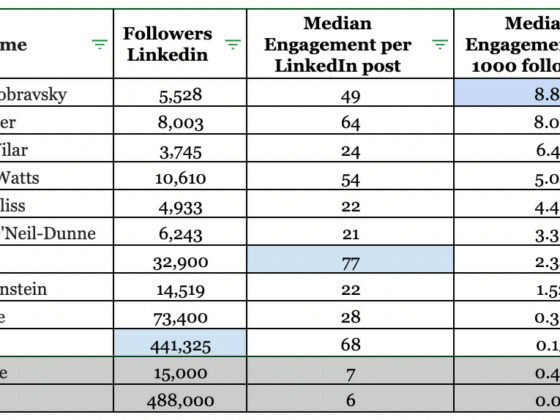
Vacation rental platforms have transformed how people travel, offering convenient and flexible alternatives to hotels. But using these platforms comes with risks for both renters and hosts. Specifically, this sector faces significant security and trust challenges, primarily due to the inherent anonymity of online transactions. The Better Business Bureau estimates that more than five million people have lost money to vacation rental scams, and 43 percent of online shoppers have encountered bogus listings.
Fraud Poses an Existential Threat to Vacation Rental Platforms
For their part, renters need to be aware of fake listings scams, where scammers create fake listings on a platform to trick guests into booking and paying for a property that may not exist. Scammers often create these listings under a false identity to avoid it being traced back to them. As a renter, imagine showing up to your dream vacation spot, bags in hand, only to realize you’ve been scammed. Unfortunately, this type of scenario happens more than you might think. There’s also the threat of account takeovers, where someone signs into a renter’s account and makes bookings fraudulently.
Hosts also face challenges. Unauthorized (and potentially dangerous) house parties – often organized by underage guests – mean that hosts want to know for certain that the person they’re renting to meets the platform’s age requirements, for example. They also want to verify that the person they’re renting to does not have a criminal history, particularly if they have previously been incarcerated for squatting or vandalizing purposes.
In either case, not knowing for sure who is on the other side of a transaction, whether you are a host or a renter, can leave people feeling badly burned, which ruins the platform experience and can detract from user satisfaction and overall adoption. This can also cost the platform a lot of money, based on guarantees and other protection policies that may be in place. It is becoming increasingly vital to ensure that site users are who they say they are, and the solution to weeding out fraud on these platforms is rock-solid verification of user identities, which necessitates more advanced approaches.
Biometrics: A Welcome Newcomer to the Vacation Rental Platform Landscape
When it comes to the world of travel, biometrics were once thought to be the sole domain of physical settings like airports, where they can be used to help expedite lines and track border entrances and departures. But with the staggering proliferation of deepfakes, which are making it easier than ever for fraudsters to impersonate legitimate users on the web, biometrics are now making their way into the vacation rental platform space, where they can offer several substantial advantages over traditional ID checks.
Biometrics verify an individual’s identity based on their unique physical characteristics, such as their facial features. These cannot be lost or easily stolen, which is a significant difference between biometrics and more traditional checks, such as passwords. Today’s biometric solutions also feature advanced document verification capabilities, ensuring not only that the person presenting is the same as the person in the documentation, but also that the documentation is legitimate. They also integrate seamlessly with government databases, helping to flag any potentially troublesome or criminal history; as well as offer liveness detection (for example, detecting blood flow to the face) to ensure that the person presenting the ID is a real, live individual, not a deepfake or a photo.
Moreover, biometric verification is significantly easier for vacation platform users – there are no cumbersome passwords to remember or one-time codes to input. It takes mere milliseconds for biometric authentication to process, delivering near-perfect accuracy. Ultimately, biometrics support an incredibly easy and seamless user onboarding process, enabling platforms to strike the delicate balance between superior security and user experience.
Gaining Acceptance
Across the hospitality and travel sectors, we’re seeing an accelerating trend towards this type of more advanced identity verification. This trend is consistent with broader industry shifts. For instance, a recent survey focused on financial services—an industry similar to short-term rentals in that money changes hands and security benefits are viewed as particularly vital—found that 82 percent of consumers will not sign up for a financial services platform if they are not confident in the organization’s fraud defense.
Moreover, 38 percent of consumers chose biometrics as their #1 method to protect their interactions, ahead of passwords, with facial recognition being the most popular biometric option. As vacation rental platforms gain popularity, we expect to see user demand grow similarly in this space.
Trust is the Cornerstone of Vacation Rental Platforms
Increasing fraud will only erode the trust that renters and hosts place in vacation rental platforms. That’s why advanced forms of identity verification are becoming more vital than ever. It’s time that vacation rental platforms take a page from the playbook of other industries. Verifying the legitimacy of a host and a property, ensuring a renter is of legal age, locking down account access, and checking for past criminal or squatting activity are all necessary steps to creating a safer, more trustworthy environment and maintaining and enhancing user adoption. Such techniques should be deployed year-round, and not just during peak booking season, as they can enhance the integrity and prosperity of the entire vacation rental site ecosystem.









